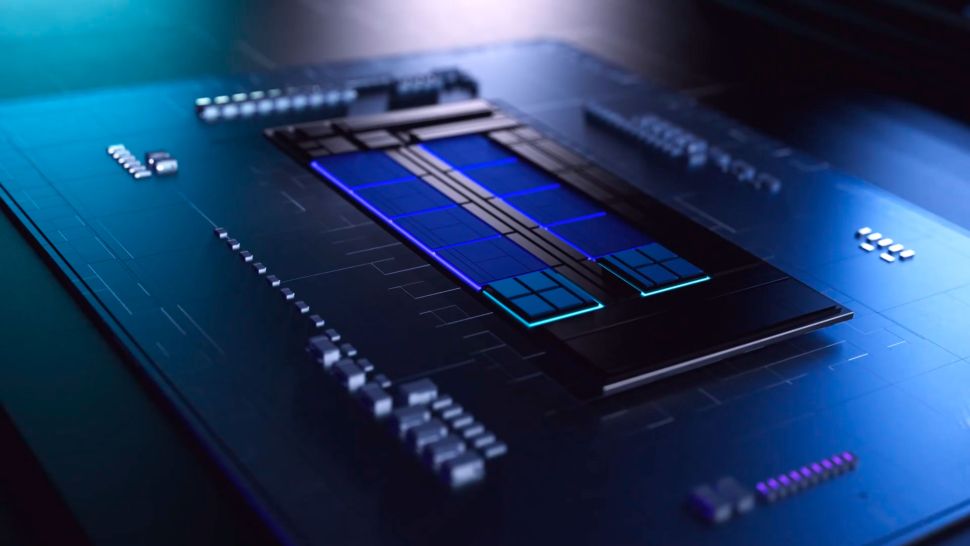Intel’s support for AVX-512 instructions with its Alder Lake processors has been a confusing affair. The company initially claimed the feature wouldn’t work on its new 12th Gen processors and then backtracked when motherboard vendors found multiple workarounds to enable the commands. After a bit of cat and mouse with motherboard vendors that built new firmware to enable the feature despite Intel’s attempts at disabling it, the company has finally decided to deploy the nuclear option and fuse off AVX-512 support entirely inside newer revisions of the Alder Lake chips.
An anonymous source tipped us off that newer batches of Intel’s non-K processors (models that aren’t overclockable) appeared to have AVX-512 support disabled entirely. We followed up with Intel, and the company issued the following statement to Tom’s Hardware:
“Although AVX-512 was not fuse-disabled on certain early Alder Lake desktop products, Intel plans to fuse off AVX-512 on Alder Lake products going forward.” -Intel Spokesperson to Tom’s Hardware.
And so ends Alder Lake’s AVX-512 saga, as Intel will now blow an internal fuse to physically disable support at the silicon level. AVX-512 is a type of instruction that increases performance and power efficiency dramatically for programs that can leverage it, typically in professional types of applications.
As a reminder, Intel initially told the press that AVX-512 wouldn’t work on the new x86 hybrid processors due to the use of two different microarchitectures, one of which doesn’t support the instructions. As such, Intel said it would fuse off the AVX-512 FMA entirely. Prior to launch, an Intel optimization guide appeared that showed the feature was planned for the processors, but Intel again claimed that Alder Lake wouldn’t support the instructions. The company issued a new guide that removed references to working AVX-512 in Alder Lake processors.
The Alder Lake launch found the instructions working on some motherboards via a toggle created by the motherboard vendors, obviously against Intel’s wishes. Intel remained quiet on the issue at first, though the company did tell the Taiwanese press that it would treat AVX-512 support on Alder Lake much like overclocking — officially unsupported and at your own risk.
In early January, we heard the first word that Intel would disable the feature with new microcode (chip firmware) present in newer BIOS updates. Sure enough, new BIOSes appeared that same week that disabled the AVX-512 option, exiling the AVX-512 faithful to the land of no BIOS updates if they wished to continue to use the instructions.
We thought the issue was a done deal at that point. Still, MSI found a way around Intel’s AVX-512 assassination by enabling a BIOS toggle that allowed users to easily flip between older and newer BIOS revisions, thus re-enabling AVX-512 support last month.
It’s fair to assume that Intel was not happy with the continued trickery, and now the company is disabling AVX-512 in a decidedly immutable manner — no amount of BIOS hacking or trickery will enable AVX-512 on all newer Alder Lake chips. So if you’re dead set on using AVX-512 on Alder Lake, you’ll need an older chip and will have to stick with one of the older BIOS revisions.
Intel would like you to step up to its more expensive Xeon chips if you want AVX-512 support with its newer architectures. Meanwhile, AMD is rumored to bring support for AVX-512 to its Zen 4 chips, which is an odd twist if Intel continues to not support the instructions on its consumer hardware.
Intel is also dealing with motherboard vendors that have enabled overclocking with the company’s supposedly non-overclockable non-K models. Intel is none too pleased with those workarounds, so we can expect to see Intel’s solution for that “problem” soon, too.

